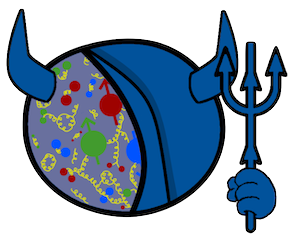Speaker
Description
In the 1970s, the unexpected discovery of transverse $\Lambda$ polarization in unpolarized proton-Beryllium collisions marked the beginning of investigating spin phenomena in high-energy physics. Over the past 50 years, similar transverse $\Lambda$ polarization has been observed in various collision systems, including hadron-hadron collisions, lepton-hadron deep inelastic scattering, and electron-positron annihilation. Despite numerous promising models and theoretical frameworks, the underlying mechanism behind this polarization phenomenon remains inconclusive to this day. However, in both longitudinally and transversely polarized lepton-hadron and hadron-hadron collisions, it has been found that the $\Lambda$ hyperon does not acquire polarization relative to the initial parton spin polarization direction. Understanding how the $\Lambda$ hyperon does or does not obtain its spin has become one of the most crucial questions in understanding hadron spin structures. In this talk, I will present a new experimental proposal that employs an exclusive process called Deep Exclusive Meson Production (DEMP) to explicitly test the mechanism of $\Lambda$ polarization. The results of this experiment are expected to shed light on the dominant mechanism by which the $\Lambda$ acquires its spin, thereby resolving many of the ambiguities encountered previously. Finally, I will discuss the experimental opportunities and challenges that lie ahead at the Electron-Ion Collider.

